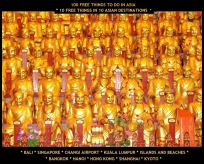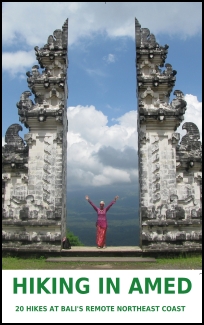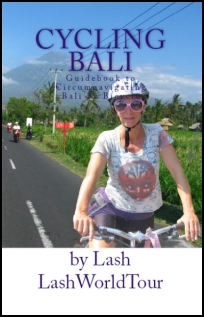Easy India pt 2 – Himachal Pradesh State
When I recently recommended Dharamsala town as a super-easy place to start traveling in India, I had not yet visited the rest of Himachal Pradesh State. Since then I have spent one month in Himachal and traveled its entire length from west to east.
I’m now happy to report that not only is Dharmsala easy, but the entire state of Himachal Pradesh is easy! In fact, it’s just as easy as traveling through SE Asia, even easier than some of those countries.
When I created my Sneaky Plan of an Easy Trip Through India, I never dared hope it would be this easy! I’m still rather amazed, to be honest. I can’t speak for the rest of India, but Himachal Pradesh is easy, easy traveling.
Before I get into the why’s, here’s a brief intro to the state and what travelers can do there.
All About Himachal Pradesh
Himachal Pradesh, located in far NW India, is one of several Indian Himalayan states, meaning that it’s located in the Himalayan Mountains. As such, the entire state is mountainous. It’s towns are all small hilly places, save for Shimla, the state capital, which is just a bigger hilly town.
Many Tibetans have settled in Himachal with sizable communities in several locations. The largest and most important Tibetan enclave is at Dharamsala, the home of the Dalai Lama and the seat of the Tibetan government in exile. Read more about Tibetan culture in Dharamsala in this post. Other communities are found in Rewalsar, Manali and northern areas of Himachal.
The whole state is an outdoor lover’s paradise. Visitors to Himachal can go mountain trekking and white water rafting; learn about Tibetan culture, arts and Buddhism; take courses in meditation, yoga, Buddhism or Tibetan language; visit old British hill stations; and enjoy astounding views of snow-capped Himalayan peaks.
Much of what makes Himachal state so easy for travelers is exactly what makes Dharamsala easy. If you’ve read my post on easy Dharmsala, you’ve got the main picture. Meanwhile, here’s the low down on why Himachal Pradesh is so easy to travel through:
Towns are small
One of the main reasons Himachal is so easy is because the towns are all quite small.
They’re easy to get around on foot. Everything you might need is within walking distance. And there’s no chance of getting lost.
They’re are sparsely populated, which means no crowds.
Each town has only a few roads. Traffic is light to moderate. Traffic jams are rare and horns blasts minimal.
As a result of their small size, low population densities and relatively little traffic, Himachal’s towns are quiet.
Most of them are surrounded by pine forests, mountains or small farm plots.
Many town centers are pedestrian only
for example:
Shimla, the state capital, sits on a high ridgeline at 2200 M. It’s roads are placed on several levels along the steep mountain sides, with flights of stairs and steep paths connecting them. The top 4 or 5 levels are pedestrian only. Bbout 5 levels down are the vehicle roads.
Mandi is a very old town set on a hill between rivers. Most of its stone roads are so narrow that cars cannot fit and motorcycles rarely venture along the steep roads either. As a result, much of the town is pedestrian only.
Tibetans
Much of what makes Himachal Pradesh easy and pleasant to travel through is the presence of Tibetan populations throughout the state. Based on my experiences, any place with a Tibetan community is clean, orderly, safe, organized, smoothly functioning, sanitary, crime-free and has great food.
Tibetan restaurants serve up a great variety of delicious food, including various meat dishes, all prepared in clean, sanitary conditions. There’s little chance of getting sick and you’ll never be stuck with just daal bhat day after day. And if you eat meat, you’ll never have trouble finding it in this state.
Tibetan-run guest houses and hotels are immaculately clean, safe and hassle-free. Women don’t have to worry about unwanted male attention. They’re also usually very inexpensive.
As a bonus, Tibetan architecture is gorgeous, their communities attractive, clean and well-maintained. They often have landscaped gardens to boot. This makes a very pleasant environment.
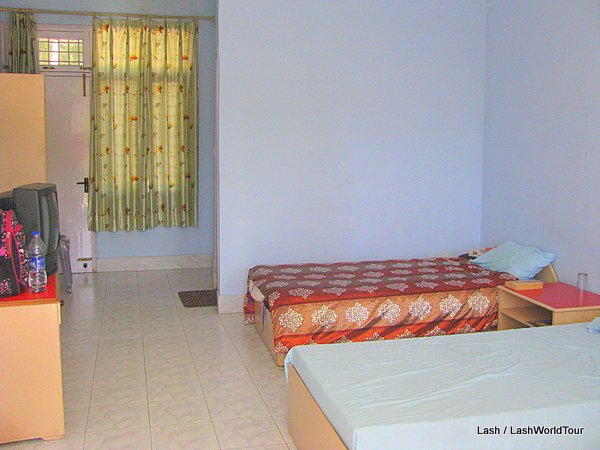
this spacious, clean room at a Tibetan guest house cost 350 rp, with a private bathroom, TV and balcony facing a forest
Great Budget Accommodation
During my entire month traveling through Himachal Pradesh, I paid only 200-350 rp per night ($3.50-6 US) for rooms. For that rate I consistently received a basic but clean, safe and quiet room with hot showers and plenty of blankets for chilly nights in the mountains. Some rooms came with a bathroom, some had shared facilities. I never once got bed bugs.
I also felt completely safe, both for my possessions and myself. That was true for places run by Tibetans as well as Indians.
Nearly every budget hotel and guest house has hot showers. For budget travel around SE Asia that’s almost unheard of. Traveling through Himachal Pradesh has the added luxury of steamy hot water.
* On the other hand, please note that accommodation in this state does NOT have heating, even in winter. If you’re sensitive to cold, you should probably avoid Himachal’s high elevation towns from Nov through March.
Food is varied, abundant and easy to find
You’ll never be stuck with only daal bhat or chapati & daal in this state! Every town has at least one Indian restaurant serving a variety of meat dishes and Indian vegetable dishes, if only at an upscale hotel.
Most towns serve Tibetan food as well, particularly momos (dumplings) and thukpa (Tibetan noodle soup), even if there aren’t any full Tibetan restaurants.
Tibetan cuisine includes several delicious breads, so you’ll never be stuck with the crappy white ‘bread’ aka ‘cardboard’ served in all the Indian restaurants.
Himachal is clean
Clean air
The thick sprawling smog emanating out from Delhi and casting a thick smog far & wide over the vast Indian plains, stops at the mountains. Once you get up above about 1000 M, where most of Himachal’s towns are located, you leave the thick polluted air behind and enter blue skies with clean, crisp mountain air.
Litter & trash is minimal
As I reported in my post on Dharamsala, the entire state of Himachal Pradesh has banned plastic bags! Many places in the state are also very environmentally conscious, encouraging both residents and visitors to take care of the environment and to not pollute. For instance, many communities offer drinking water refills for just 5-10 rp per liter, thus cutting down on plastic bottle usage.
As a result of all these efforts, the state is surprisingly clean and free from litter and garbage.
Tibetans provide clean, tidy and litter-free communities
As I detailed above, anywhere there’s a Tibetan community, the area is bound to be clean. And Himachal has a lot of Tibetan communities.
Himachal is safe
I don’t know for sure if I was simply lucky, used common sense, or if Himachal is really as safe as I experienced it. And I don’t know if the safety is a result of the many Tibetan communities, the nature of the local Himachal Indian populations, the small sizes of towns or the low population densities.
But as far as I saw, heard and experienced first-hand, Himachal doesn’t seem to have much trouble with crime like theft, violence or rape. Personally, I felt just as safe there as I always do in any SE Asian country.
If anyone knows more factual statistics or information, please pitch in here!
People don’t stare at westerners
I’m not sure if it’s a result of the many western travelers in Himachal’s towns or what, but I rarely had people staring at me, anywhere. In fact, in most places, most people didn’t even bother to look, as if seeing a blonde white woman walk through their town was a normal, every day occurrence. Maybe it is?
Of course, I did get the occasional group of Indian tourists, school kids or couples who were obviously excited to see me and eagerly requested a photo together. But it happened so rarely, and was done in such a friendly spirit, that it was usually more fun than anything. On the few times that I declined, they usually simply responded, “ok. Thank you.”
Road travel is easy
This is partly dependent on two individual conditions: As long as you like winding mountain roads and/or dont’ get motion sickness, then road travel in Himachal is easy. Nearly every road in the state winds up & down and around twisting mountain routes. If you’re good with that, you’ll love road travel there.
Most Himachal roads in good to excellent condition. Occasionally, you’ll come across a broken up or rocky road, but for the most part, the roads are smoothly paved and well-maintained.
Bus drivers don’t race, like their counterparts in, say, Thailand or Indonesia. In Himachal, they drive at the correct speed for winding mountain road conditions.
When I first started traveling through India, after living in SE Asia for so many years, I kept wondering why all the drivers were going so dag slow! I actually found it a bit annoying, to be honest. But I eventually got used to the relatively slow speeds and certainly appreciate the safety factor.
There’s very little traffic on most of Himachal’s roads. That means rarely a traffic jam, little overtaking of vehicles and smooth, timely trips.
No long bus trips required. Interesting destinations are located 2-6 hours from each other. As a result, you dont’ have to make any excessively long trips between destinations.
Great scenery of Himalayan snow-capped peaks, forested hills, green valleys, rocky mountain rivers and small villages.
Buses are easy
Buses leave on time! I was astounded to discover that Indian buses always leave within 5 minutes of their scheduled departure time. That’s a lot more than can be said for buses in many other Asian countries!
I don’t know if that’s true for the rest of India, but it’s certainly true in Himachal. In fact, if you arrive a few minutes late for your bus, you’ll miss it! I’ve seen it happen.
Indian buses are spacious. Unlike buses in many SE Asian countries, Indian buses are much more spacious with lots of leg room. They are sport high ceilings, which makes them feel even more roomy. They’re much closer in size to western buses.
They’re not overly crowded. Buses in Himachal don’t cram more people into the seats than the seats are designed for. Generally one side of the bus has 3 seats, the other side 2 seats. If every seat becomes occupied and more people board the bus, those people stand in the aisles.
I’ve never seen anyone cram into already occupied seats. In any event, the buses rarely get so jam-packed that people have to stand.
You don’t have to worry about theft of your possessions on the bus. I was concerned about this when I first arrived, but I quickly discovered that I could put my bags on the bus – on overhead racks or the seat – then leave the bus to buy something or use the toilet, without any fear of theft. (at least when there are other passengers already on the bus)
Summary:
So that’s the low-down on easy travel in Himachal Pradesh.
In terms of ease of travel I put Himachal on par with traveling through other SE Asian countries like Thailand, Malaysia, Vietnam and Bali, Indonesia.
But the state is actually easier than traveling through some other countries in Asia! For instance, it’s easier than either Nepal or Myanmar. This is mainly due to two factors:
1. power cuts are very minimal in Himachal. When they do occur, they usually last only 5-10 minutes. That means no problem with storing food like meats and dairy products in refrigerators. It also means little disruption in daily life for other little things like hot water for showers, lights and internet connections.
2. Roads are in much better condition in Himachal and buses are much more comfortable due to their larger size
I’d also rate Himachal as easier than Lombok and East Java, Indonesia.
QUESTIONS:
Have you traveled through Himachal Pradesh? If so, what were your experiences?
Do you know any other easy Indian destinations?
———————————————————————————————————————————————–
You might also find these posts useful:
Dharamsala – Easy Indian Travel Destination
My Sneaky Plan for an Easy Trip Through India
Options for Accommodation at Delhi Airport
————————————————————————————————————————————————-



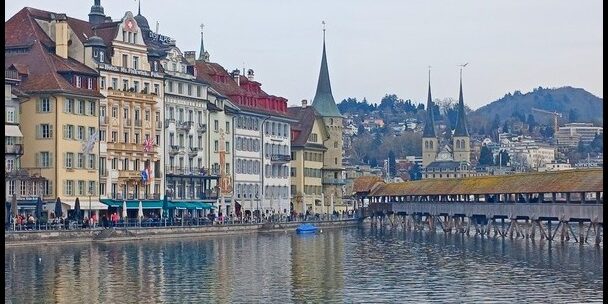
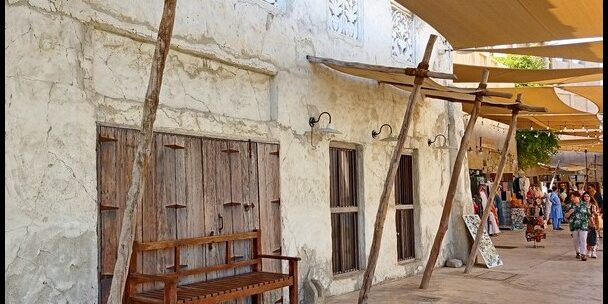

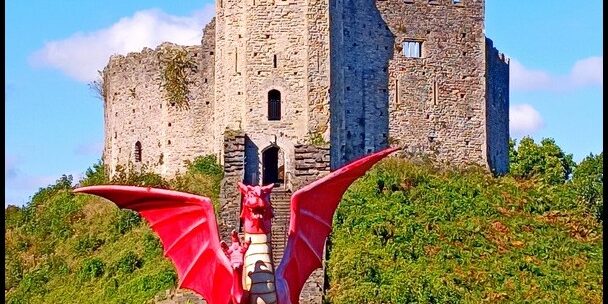
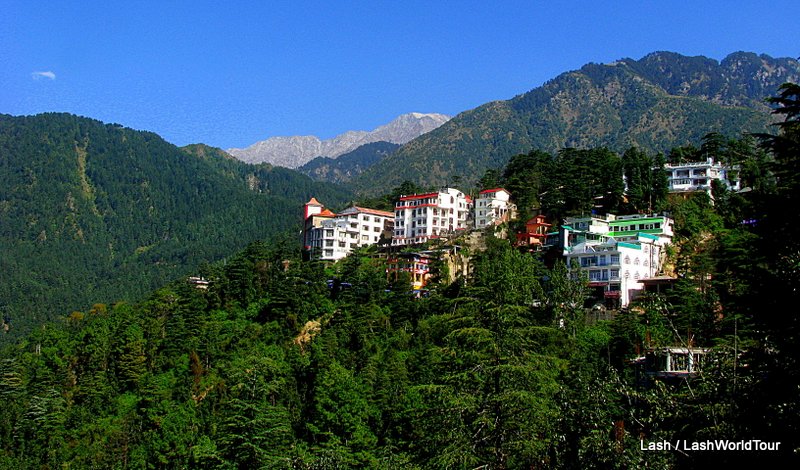
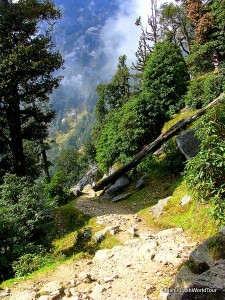
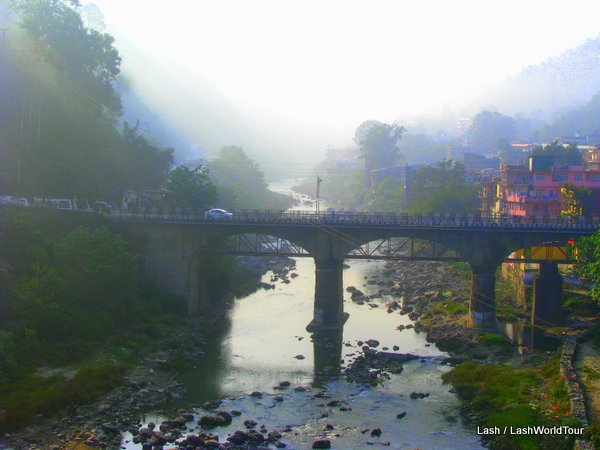
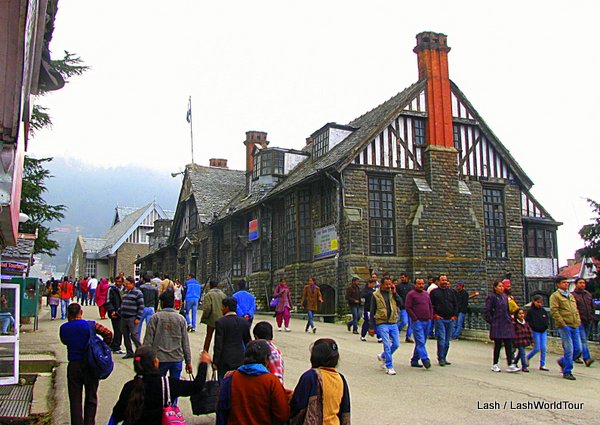
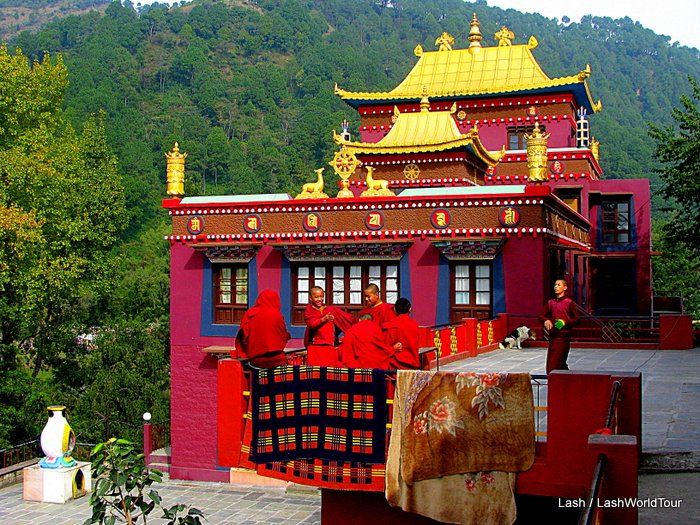
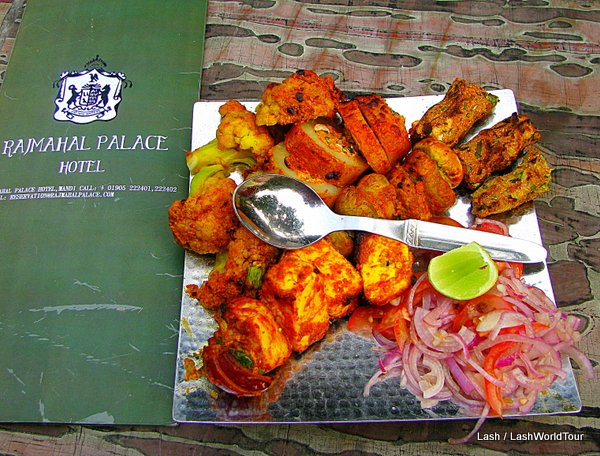
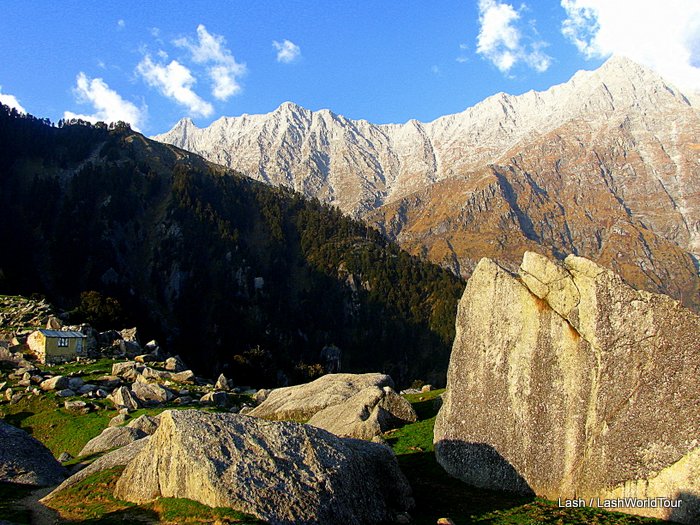
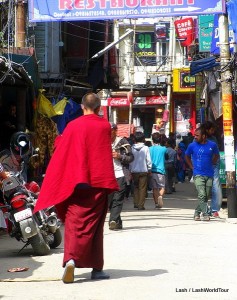
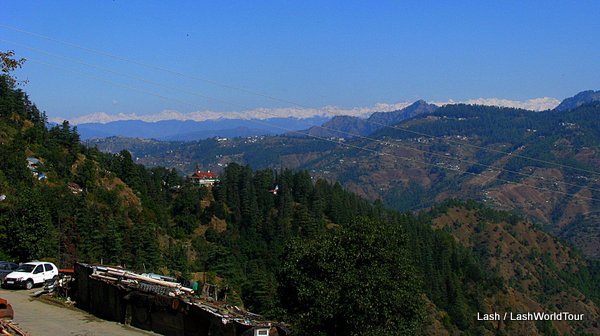
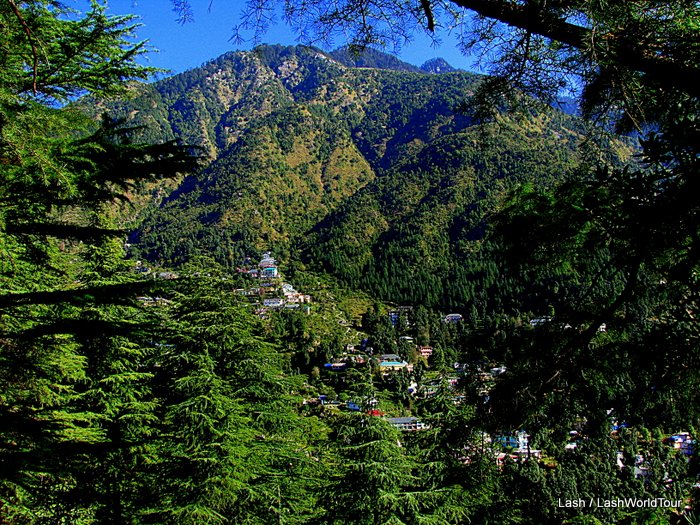
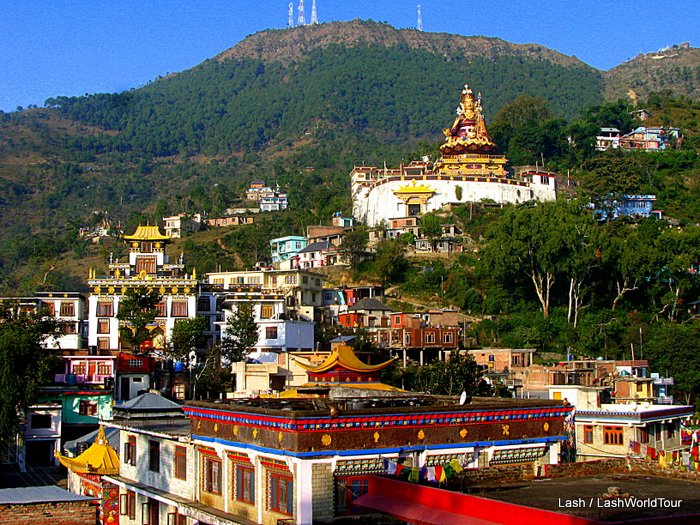
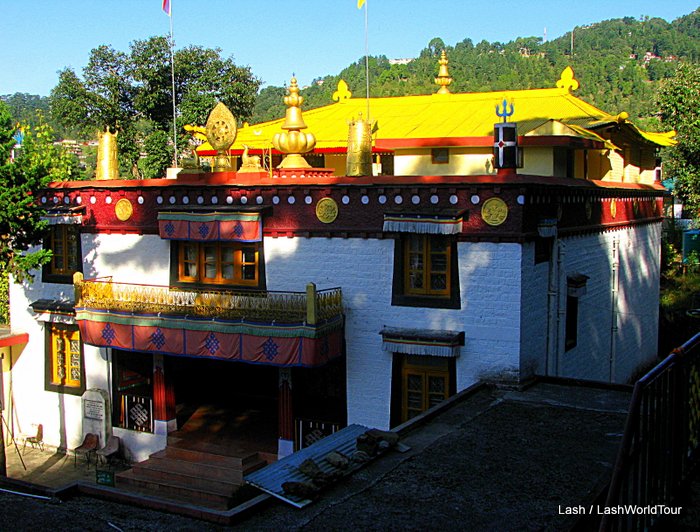

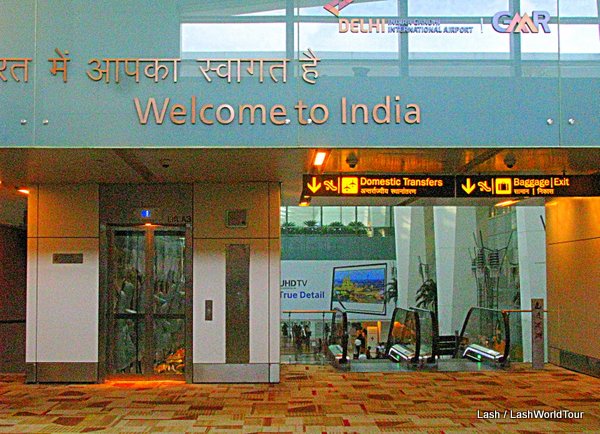
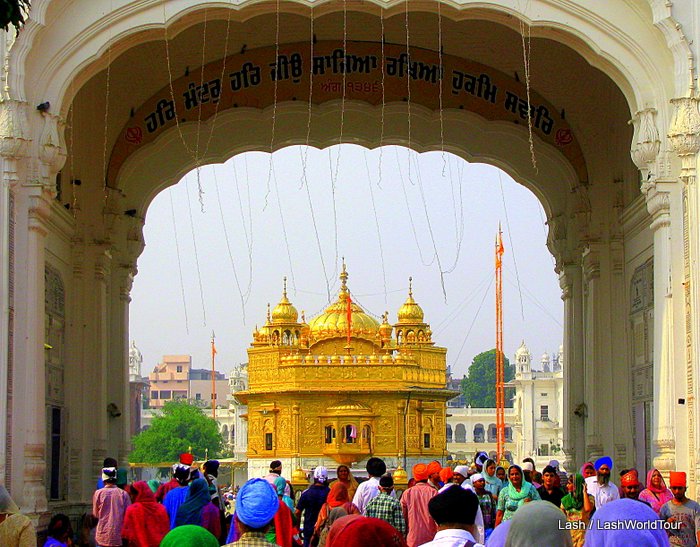

 Hi! I'm Lash, an American nomadic world traveler who's been traveling solo since 1998. I’m passionate about traveling the world nomadically and then sharing it all with you. I hope to inspire you to travel the world, to entertain you with tales from the road, and to help you reach your travel dreams. Welcome!
Hi! I'm Lash, an American nomadic world traveler who's been traveling solo since 1998. I’m passionate about traveling the world nomadically and then sharing it all with you. I hope to inspire you to travel the world, to entertain you with tales from the road, and to help you reach your travel dreams. Welcome! 